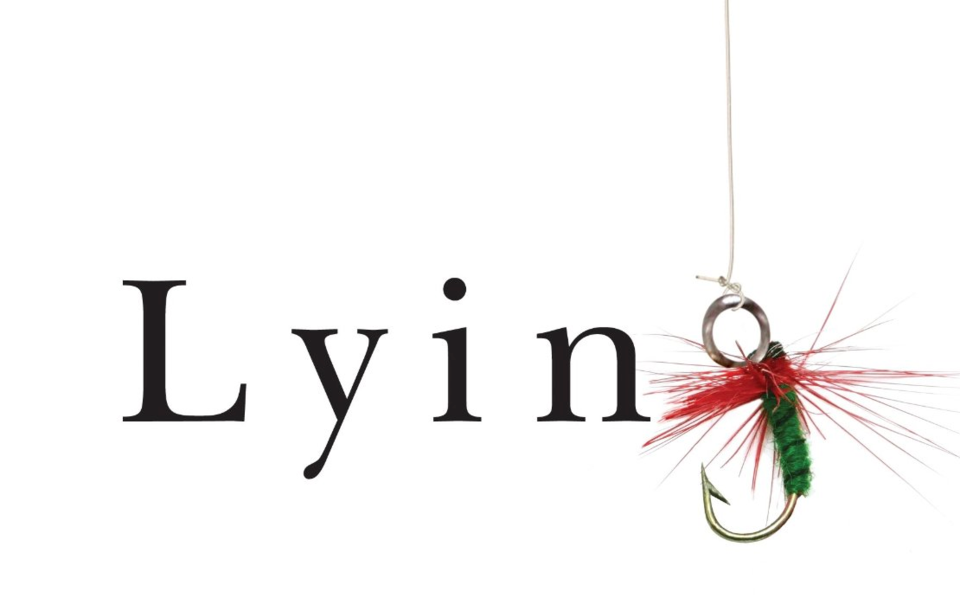We’ve all lied at some point in our lives. Whether it’s about how someone looks or something we should have taken responsibility for but lied to get out trouble. Lying in general is seen as a bad thing and something we shouldn’t do but we do it more than we think. A new documentary Dishonesty: The Truth About Lies which features researcher Dan Ariely who is a behavioral economist takes a look at the little things in life that influences us to lie.
The film highlights a few noteworthy points that might otherwise surprise us.
1. Given the opportunity, most people will lie.
Perhaps one of the most interesting experiments that exemplify this is the 20-item set of math problems. In Ariely’s experiment, participants where asked to complete 20 straight forward math questions that most people will be able to answer when given an appropriate amount of time to work through them. Instead, Ariely cut the participant’s time down so completing the problems would be substantially difficult.
Participants were then asked to bring their answers up to the research assistant, which at that point will put it in a shredder without looking at it. The research assistant then asked the participant how many questions he/she answered and will be paid based on each question that was completed. (What the participants didn’t know was the shredder actually only shredded the sides and the answers were saved to compare what people reported to what they actually completed).
Not surprisingly, most people reported they answered more questions than they really did thinking they wouldn’t be caught. On average, people answered four questions but reported answering six.
2. Fibs occur at a higher frequency than bigger lies.
We tend to lie when the likelihood of getting away with it is high. In the above experiment, researchers found that there were more fibbers in the group (over 40,000 participants) than there were big liars. Those who were classified as big liars (claiming they answered all the questions) cost the researchers $440 in total while fibbers cost then a total of $50,000. Ariely emphasizes that big cheaters are rare and that small cheaters actually have a higher economic impact.
3. We’re great at lying to ourselves.
Professor Michael Norton from Harvard Business School conducted a research study where participants were asked to complete a trivia test with the answers at the bottom. They were then given another one without the answers and asked to predict how well they think they will do. Most people thought they would do excellent on the second test when the answers were not provided. Apparently, most people thought they were amazing test takers even though the cheated in the first test.
4. Lying to make someone feel better doesn’t really feel like a lie.
People who believe their lie or feel like it’s justified don’t often feel uncomfortable lying. In fact, when people can justify their lie, lie detectors don’t often detect deception.
5. Lying gets easer over time.
Neuroscientists have actually looked at the impact of long term lying. The short of it is your brain adapts to lying and each time the response lessens over time.
Amy Yew is a registered clinical counselor and relationship therapist. She is also the author of a fashion and lifestyle blog Style Du Jour. Tell us what you think and submit any questions you have to amyvancouvercourier@gmail.com.
Stay connected!








